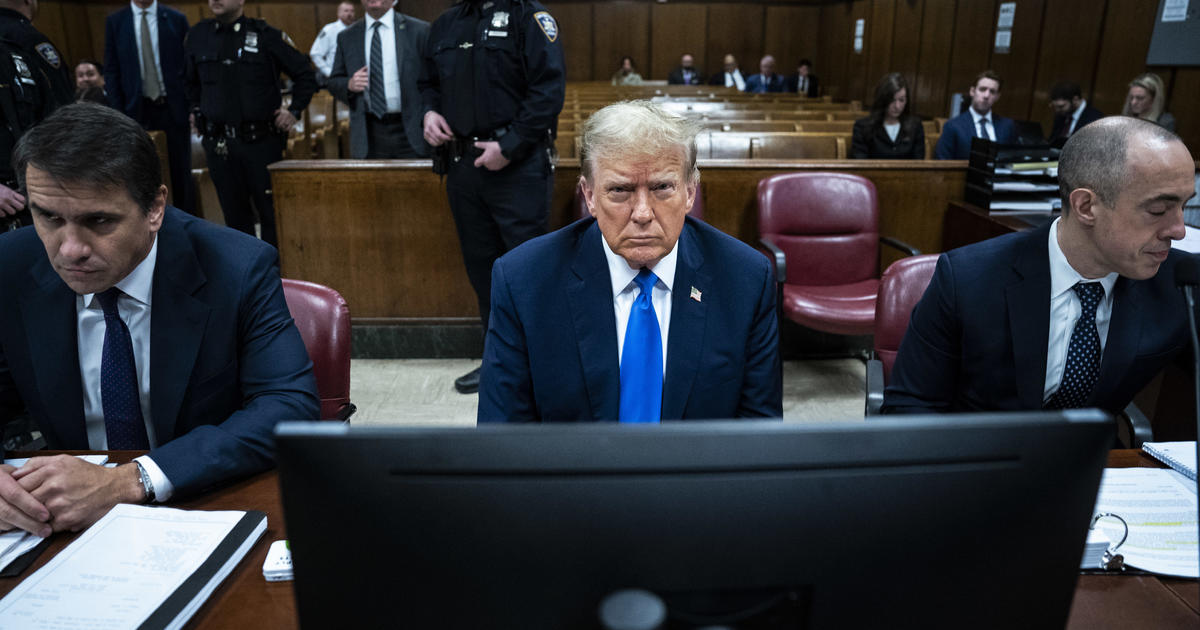Christie says Trump committed to declaring opioid emergency
Gov. Chris Christie outlined in an interim opioid commission report to President Donald Trump that the "first and most urgent" recommendation was to declare a national emergency, but the effort has been delayed by legal and administrative questions.
Christie, a Republican who chairs Trump's anti-opioid panel, downplayed the White House's delay in implementing the commission's signature recommendation on Monday during a Trenton news conference on the issue and after a roundtable discussion on the crisis with pharmaceutical executives.
Christie said that the president reiterated his commitment to the idea of a national emergency declaration but attributed the delay to staff efforts to get the declaration "right" and to its "unprecedented" nature.
"In my experience over the last 15 years when Donald Trump is resolved to getting something done, it gets done," Christie said.
The delay comes as the Republican president has already said the crisis, which the panel estimates contributes to the deaths of about 142 Americans a day, amounts to an emergency.
It also comes in Christie's waning months as governor and with him focusing heavily on opioid addiction in his state as he struggles to rebuild his low job approval rating. Still, an official declaration hasn't come.
White House press secretary Sarah Huckabee Sanders said last week the president was "absolutely" taking the issue "very seriously" and was working on the emergency declaration. As for the timing, she described the declaration as an "involved process."
One question is whether there's disagreement among Trump's advisers over the emergency declaration, something usually reserved for a natural disaster such as a hurricane or an earthquake.
Health and Human Services Secretary Tom Price seemed to suggest in August that the president was leaning against the recommendation. He argued that the administration could deploy the necessary resources and attention to deal with the crisis without declaring a national emergency.
Trump's budget proposal from this year had a $500 million increase to deal with opioid addiction prevention and treatment.
The New Jersey director of the nonpartisan Drug Policy Alliance, Roseanne Scotti, said it's unclear what new resources an emergency declaration would open up and the potential repeal of the Affordable Care Act could affect funding for addiction, depending on what version of pending legislation might move forward.
Christie said Monday there have been no adverse results because of the delayed emergency declaration.
"The fact is we're still doing all the things we need to do," he said. "You just don't flip a switch. You have to make sure you motivate people the right way, you get the resources in the right place."
The commission's July report said the declaration would "empower" the Cabinet to address the crisis and "force" Congress to focus on funding agencies to address overdose deaths.
A final report is expected by November.



